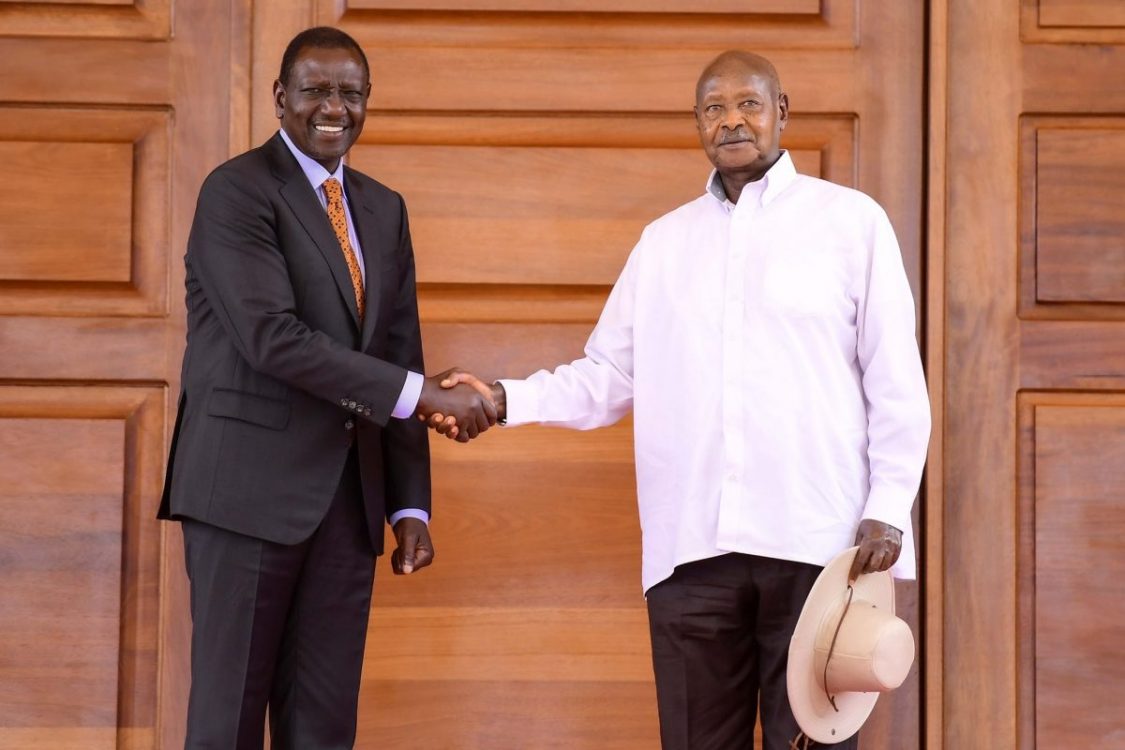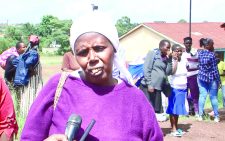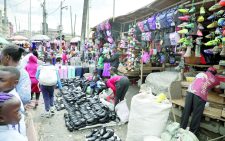From starving artist to fashion mogul
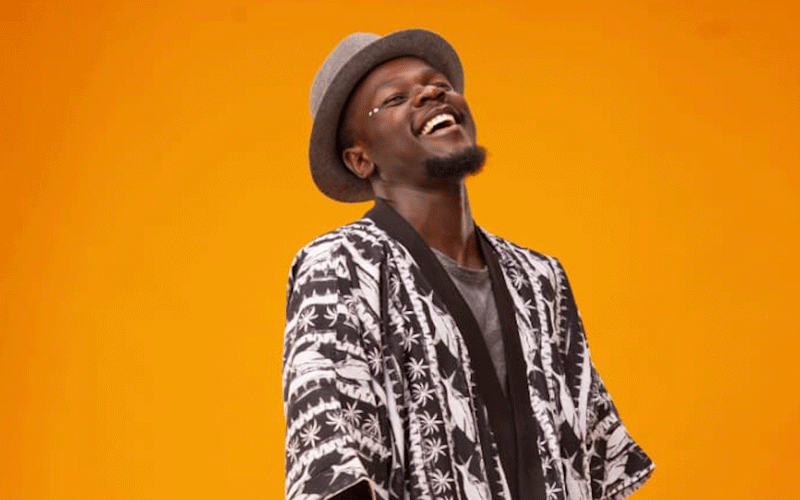
After a period of not making money from his artwork, BEVERN OGUK switched careers and became a designer with focus on authentic and luxury outfits.
Harriet James @harriet86jim
When 28-year-old Bevern Oguk began his fashion brand, he wanted to bridge the gap between luxury and mainstream fashion by offering authentic and unconventional designs, which can be worn during and after work.
His company, Boguk, formerly known as Co-Be since 2011 until last year, uses culture, creativity and craftsmanship to inspire people by creating Africa-inspired products with an international touch while paying special attention to producing quality with a unique sense of aesthetics.
“The new look Boguk is aimed at exciting the average Kenyan while at the same time inspiring them to be more conscious about their daily fashion,” Oguk says.
The rebranding also entails improving on product quality and introduction of corporate tailoring and private alterations to their product ranges alongside their current ready-to- wear, made-to-measure products.
Born in Kibera, Oguk discovered passion for art in his neighbourhood, where creativity abounds.
Inspired by such captivating pieces, he began to draw and paint in primary school.
He developed this passion further in high school by studying art and design and was offered opportunities in exhibitions, art galleries such as Paa ya Paa Arts Centre in Nairobi.
Although he wanted to pursue art wholly, he was discouraged by the slow returns, which made him turn to painting T-Shirts.
Business at cafeteria
“I was not patient enough to endure such challenges; that’s why I quit. I can’t wait untill I’m 40 to sell my work and be appreciated. I want to show the world what I can do now,” he explains.
It is while at Jomo Kenyatta University of Agriculture and Technology, studying procurement and logistics management, that he began researching on fashion and learnt about his different set of skills in entrepreneurship and people management.
This was in 2008 and Oguk didn’t see lack of finances or resources as a challenge. He was actually excited to work out his new found passion.
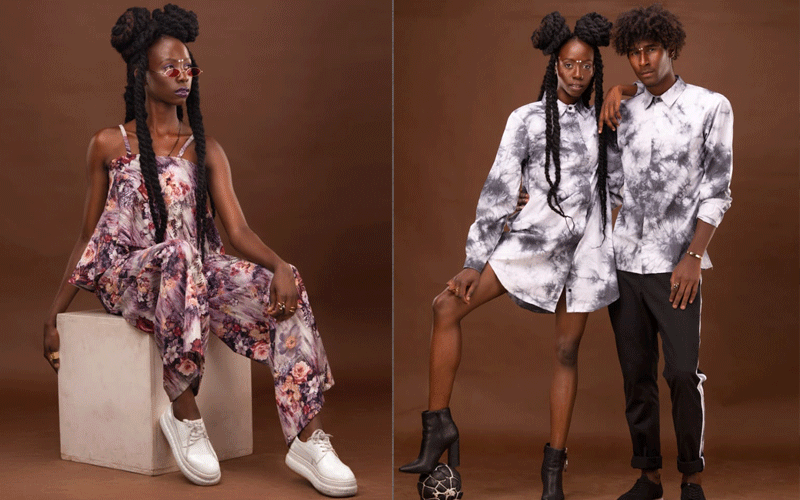
He began creating ankara-inspired boyfriend jackets, a huge trend back then, and selling them at the cafeteria at lunch hour.
“I had a huge duffel bag, where I carried stock from Kibera. At this time, I didn’t know how to manage my finances, but only knew I had to make profits and not losses,” explains Oguk.
One of his greatest challenges was people’s perceptions about ankara products. Fortunately, as time passed by, more people have been able to appreciate the fad.
“When you ask guys about African fashion, they talk about quality issues and that we haven’t shown them it’s possible to compete with international brands.
There are bigger problems than money and it’s us in the industry who should look for the client,” he notes.
As Oguk observes, what separates him from the rest is aesthetic, his positioning and generally, the fact that his brand competes internationally.
He specialises on a niche called life wear, which is designed for urban individuals who want attire that can be worn to work and be still apt for a cocktail afterwards.
Oguk is proud that his company has worked with other brands such as Coke Studio Africa, Samsung, and Blankets and Wine.
He has also dressed personalities including award-winning American superstar Jason Derulo, Nigerian artistes Yemi Alade and Runtown and Kenyan artistes such as Sauti Sol, Adelle Onyango, Muthoni Drummer Queen, Shaffie Weru, Octopizzo, Kagwe Mungai, Wanuri, Barack Jacuzzi, Larry Madowo, Anto Neosoul, Nameless, Nazizi, Mwalimu Rachel, Maqbul and Larry Asego.
Boguk has also gone international and is available in South Africa, Ghana, Zambia, Zimbabwe, Nigeria and Rwanda. Outside Africa his products are sold in Germany, Canada, UK, and Australia.
Find your own
“It’s exciting how far the brand has reached, but I really make no big deal about this. By the end of the day, celebrities are people.
I also don’t discriminate when it comes to prices. As long as we connect, they buy and appreciate what I do, I treat them equally,” he says.
Having been in the industry, Oguk has noted most fashion designers don’t do ample research on the industry.
“Most people don’t know that Kitenge is western and that companies producing them are not African. It’s a white man’s idea of how Africa should look like.
What’s African is beadwork, some prints such as Ndebele choker from South Africa and Nigeria’s kaftans.
It comes to looking deeper in the communities and finding our own traditions and dressings,” he notes.
He also decries the lack of structures in the fashion industry, which has resulted to stakeholders not speaking about their concerns in one voice.
“There are no structures. There is no blueprint. The government won’t come to help you if you don’t have proper structures such as having a group that speaks in one voice. This is what’s making the government not support us,” he explains.
His immediate goal is to increase the market share, create more awareness and gain more clients.
Though proud that the brand is currently accessible from different parts of the world online, he is looking forward to having more shops outside Kenya and worldwide.

